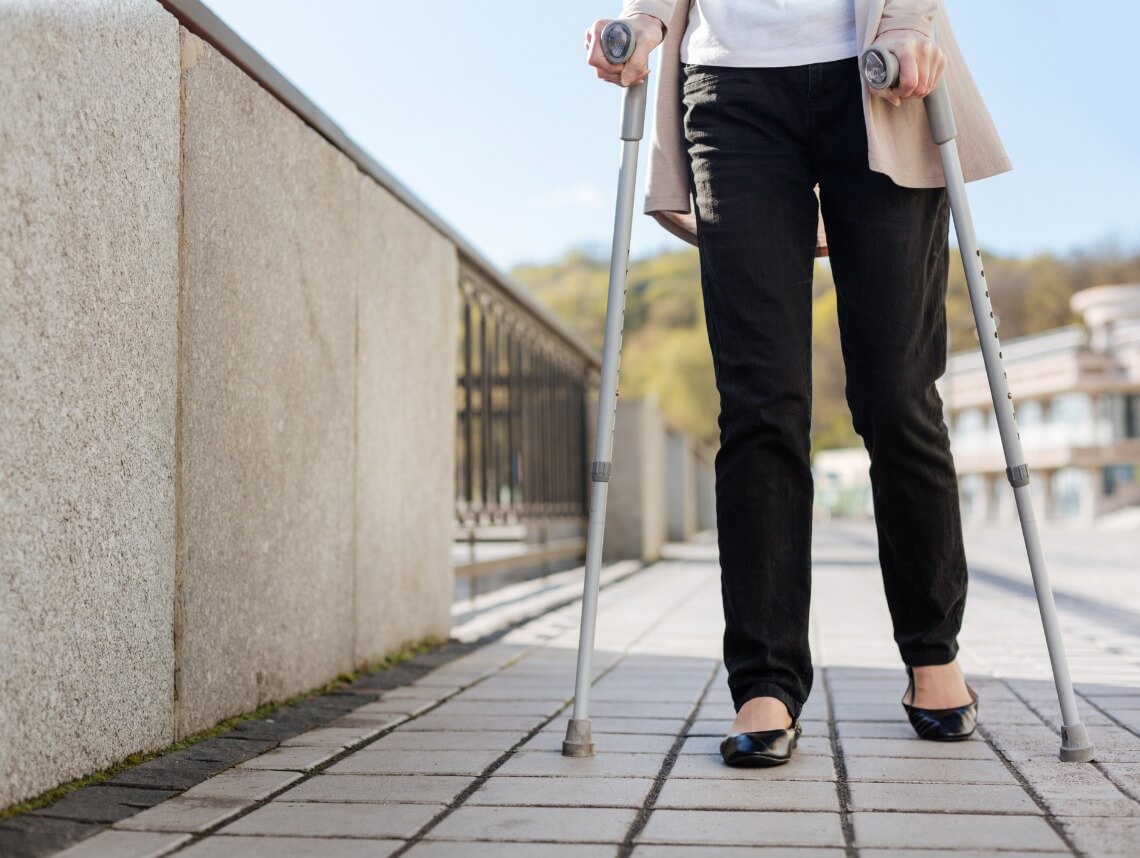Encouraging your aging loved one to maintain as much independence as possible throughout your elderly care journey with them is an effective and meaningful way for you to support their health and wellness.
By supporting their ability to handle tasks on their own and live a lifestyle that they enjoy, you are easing feelings of having their life taken over, depression, anxiety, and even resentment. You are also helping them to keep their mind and body as strong, healthy, and functional as possible as they grow older. This will help them maintain their quality of life for longer and live a healthy, strong, and happy lifestyle.
There are many ways that you can promote independence in your elderly care journey. One of them is by integrating mobility and walking aids into your regular routine.
These aids address physical challenges and limitations that your aging parent is facing so that they can manage more activity. This means that they can do more without having to rely completely on your assistance or the assistance of an elderly health care services provider to help them handle basic tasks.
4 Ways Mobility Aids Help Promote Elderly Independence
Some of the ways that using walking aids can help promote independence in your elderly care journey include:
1. Utilizing their whole home. Many seniors do not use their entire homes because they are limited by their mobility issues. This means that they may not go upstairs or downstairs, and may limit their daily activities to only one or two rooms in the house. Using mobility aids means that your parent can continue to enjoy all of the areas of their home as they wish while staying safe and secure.
2. Accessing more tasks. Being able to utilize the entire home is not just about not feeling limited or isolated. It also means that your parent can get to more of the tasks that they need to do on a daily basis. For example, using a walking aid might make it more possible for them to take on washing dishes, doing laundry, or cooking. These activities boost their sense that they are taking care of themselves.
3. Caring for pets. Having a pet is a highly effective way of boosting your parent’s quality of life. Pets help to lower blood pressure, ease stress, and ward off depression and anxiety. They can also be a great way to encourage more physical activity. If your parent deals with mobility problems, however, they might not be able to handle the care tasks necessary for a pet. Using a walking aid can help them handle tasks such as walking the dog on their own or with only minor help. This is far more fulfilling than having to rely on you or their elderly health care services provider to do the walking for them.
4. Getting out into the world. Independence is not always about doing everything completely alone. It is more about being able to make your own decisions and contribute to the activities and needs of your life as much as possible. One of the most powerful ways that a walking aid can help your parent achieve this is by encouraging them to get out into the world more often. Going grocery shopping, picking out new clothes, or even going to a movie when they want to might not seem like much to you. For a senior who is often limited by physical challenges, however, these can be emotional health boosting tasks that make them feel more in control of their life.
Contact Sonas for Home Health Care Services in Florida
If you or an aging loved one are considering home health care services in Florida, contact the caring staff at Sonas Home Health Care. Call today (888) 592-5855.
This blog was reviewed by Jillian Miller BSN, RN — Director of Nursing for Sonas Home Health Care’s Tampa Bay market — for clinical accuracy. Jillian Miller has been a nurse for 16 years — working primarily in pediatrics. She believes the best part of working with the pediatric population is when you see smiles from clients when you first enter the room. She loves seeing the difference you can make in families’ lives while providing the best care possible for them.

